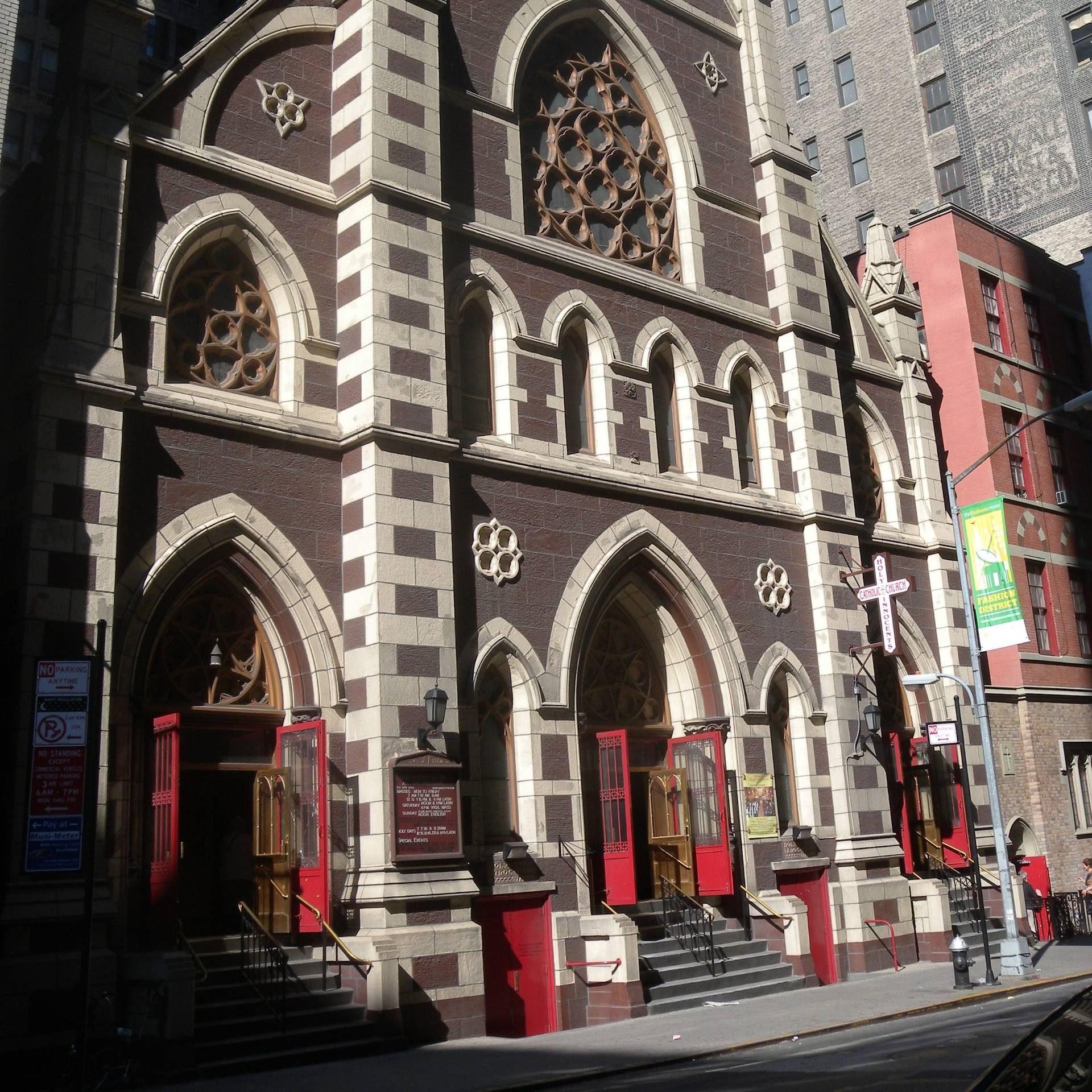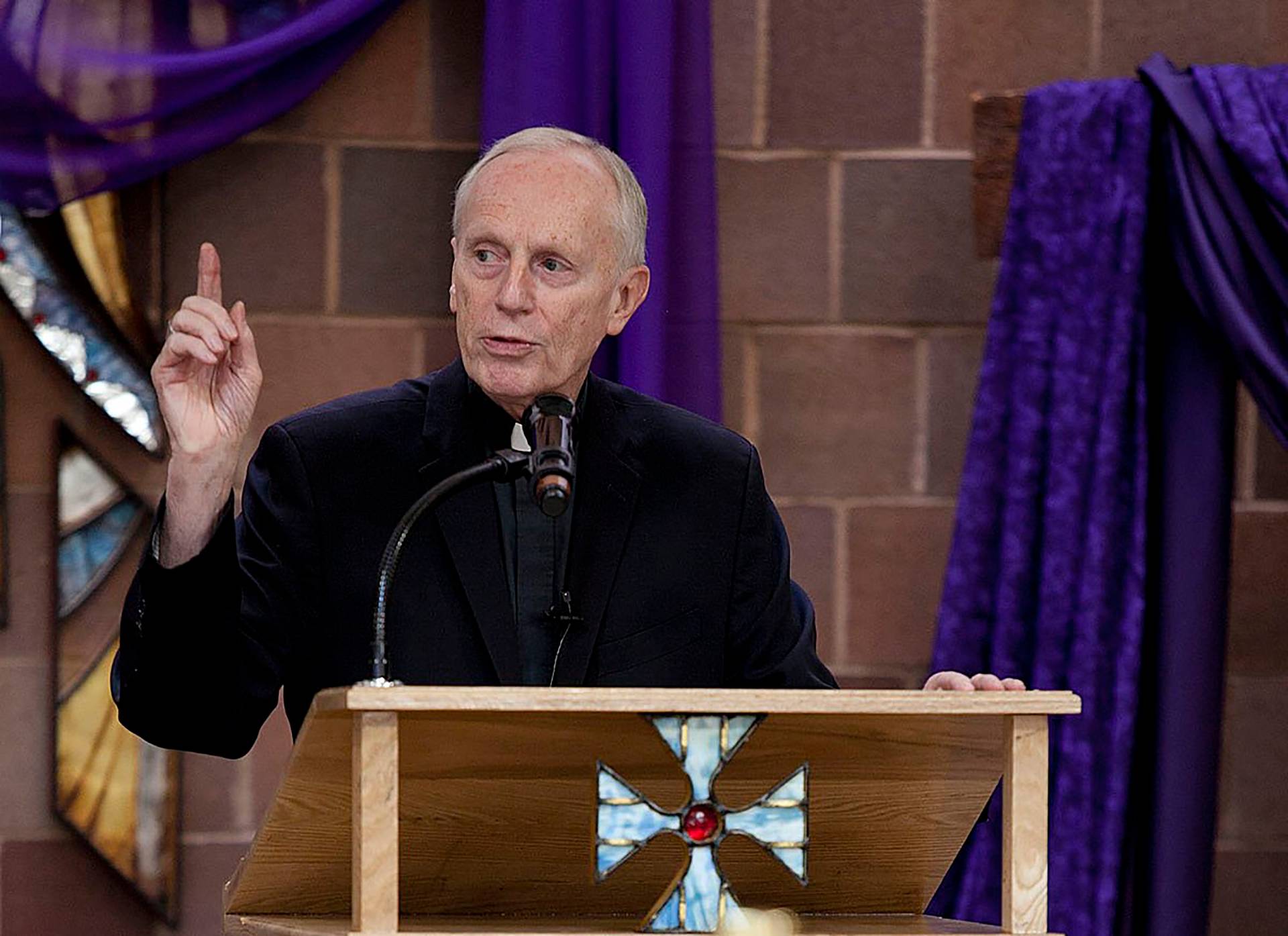ROME – While it’s probably too much to say that Pope Francis has an explicit “Swedish strategy,” it’s becoming increasingly clear that Sweden has both a place in the Argentine pope’s heart and a role to play in his vision of a “Church of the Peripheries.”
In some ways, the plates had already been shifting in the direction of Sweden as the lead actor for Catholicism in the Nordic countries well before Francis came along. In 2002, for instance, the residence of the papal nuncio for Scandinavia was transferred from Denmark to Sweden, a sign of the growing centrality of the latter in the Vatican’s vision for the region.
Under Francis, however, the indicators of interest and favor have multiplied.
Last year, Francis traveled to Sweden to join the World Lutheran Federation in commemorating the 500th anniversary of the Protestant Reformation, becoming the first pope to visit the country since St. John Paul II in 1989 – who was himself the first pope ever to make an official visit to Sweden, though Cardinal Nicholas Breakspear, the future Pope Adrian IV, did stop off in the summer of 1152 for a meeting.
This week, Pope Francis also will create Sweden’s first Prince of the Church, in fact the first cardinal in all of Scandinavia – not just since the Reformation, but ever. The consistory ceremony in which it will happen takes place in Rome this Wednesday, June 28, the vigil of the feast of Sts. Peter and Paul.
Given that Sweden has just around 113,000 Catholics, representing roughly 1.15 percent of the national population, what is Francis up to?
To begin with, one can’t discount the personal factor when it comes to popes picking cardinals. By all accounts, Francis was charmed and impressed by Bishop Anders Aborelius of Stockholm during his brief, Oct. 31-Nov. 1 visit in 2016.
According to those who know Arborelius, he’s easy to like.
“The Bishop of Stockholm is a very good man, very competent and open, he gets on with everybody,” said Bishop Czeslaw Kozon of nearby Denmark, a fellow member of the Scandinavian Bishops Conference, in a June 15 interview with Crux.
“He’ll be a very good representative for the church here,” Kozon said.
Beyond personality, however, the pope may have three big-picture aims in mind by trying to raise the profile not just of Arborelius, but the Catholic Church generally in this part of the world.
First, Francis knows that while the Catholic population of Sweden may still be small by the standards of traditionally Catholic nations, it’s nevertheless growing, with more Catholics in Sweden today than at any time since the Reformation. Arborelius himself is a Catholic convert from Lutheranism, and the first native Swede to hold his office since the era of Martin Luther.
Further, Scandinavian bishops say they sense a growing interest in the Catholic message among parts of the younger generation in their nations, despite the overwhelmingly secular ethos. Younger Swedes, Finns, Danes, and so on, largely came of age after the cultural battles against ecclesiastical authority were more or less over, they say, and thus sometimes look on the churches with curiosity rather than hostility.
The possibility of a “Catholic moment” in Scandinavia is compounded by the fact that established churches across the region have been hemorrhaging membership, often driven by people looking to avoid paying the state-collected annual church fee.
As a champion of the peripheries, Francis always has great affection for underdogs struggling against tall odds, and may see in the Church in Sweden and across Scandinavia a little guy facing what may be a period of opportunity. After all, Scandinavia may not be the “periphery” in terms of measures such as development and per-capita income, but in Catholic terms, it certainly is.
“This puts us a little more on the Catholic map of the world, that we have a cardinal,” Kozon said. “That’s very important for us.”
Second, Francis also knows that much of the Catholic growth in the region today is being driven by immigration. Across Scandinavia, influxes of Poles, Filipinos, Vietnamese, Sri Lankans, Eritreans, Syrians and others have been boosting the ranks of the local Church.
The reality of leading an increasingly immigrant church has given Scandinavian bishops a deeper sensitivity to the challenges facing those newcomers, at a time when Francis sees the migrant and refugee crisis as perhaps the most pressing humanitarian drama in the world.
That transformation of the church is happening at a time when Scandinavian nations appear to be drifting in a more anti-immigrant direction. Denmark already has some of the most restrictive policies in the world, a policy broadly shared by left and right, while Sweden’s Prime Minister Stefan Löfven recently declared the country “will never go back to the days of mass immigration” after it emerged the Stockholm attacker in April was a failed asylum seeker.
As a result, Francis may be seeking to strengthen the church’s hand in Scandinavia to defend immigrant rights, at a time when the political and social winds aren’t exactly blowing in that direction.
Third, Francis has made clear since the beginning of his papacy that ecumenism, meaning the press for greater Christian unity, is a towering priority.
Like his predecessors, St. John Paul II and emeritus Pope Benedict XVI, Francis has shown a “preferential option” within the ecumenical field for the Orthodox, which is logical enough given that the split between East and West is the primordial Christian schism, and also because Orthodox theology and ecclesiology, as well as their understanding of both ministry and the sacraments, often are closer to the Catholic Church.
However, Francis is also keenly interested in outreach to the world of the Reformation, which was the point of his trip to Sweden. He undoubtedly believes that the small Catholic minority in Scandinavia has an ecumenical vocation to build bridges with the churches of the Reformation, much like he along with previous popes have seen the Eastern Catholic churches in places such as the Middle East, the Balkans the Caucasus, and Eastern Europe having a natural ecumenical vocation with the Orthodox.
And of course, Francis knows that giving Sweden a cardinal will help the church play that role with greater authority and visibility.
Naturally, a pope charged with leading a global church with almost 1.3 billion members scattered in every nook and cranny of the planet can’t afford to concentrate all his attention, or even much of it, on any one locale.
Still, if Sweden isn’t quite what Pope Francis thinks about when he gets out of bed every morning, recent evidence would suggest it may nonetheless cross his mind at some point during the day.
















